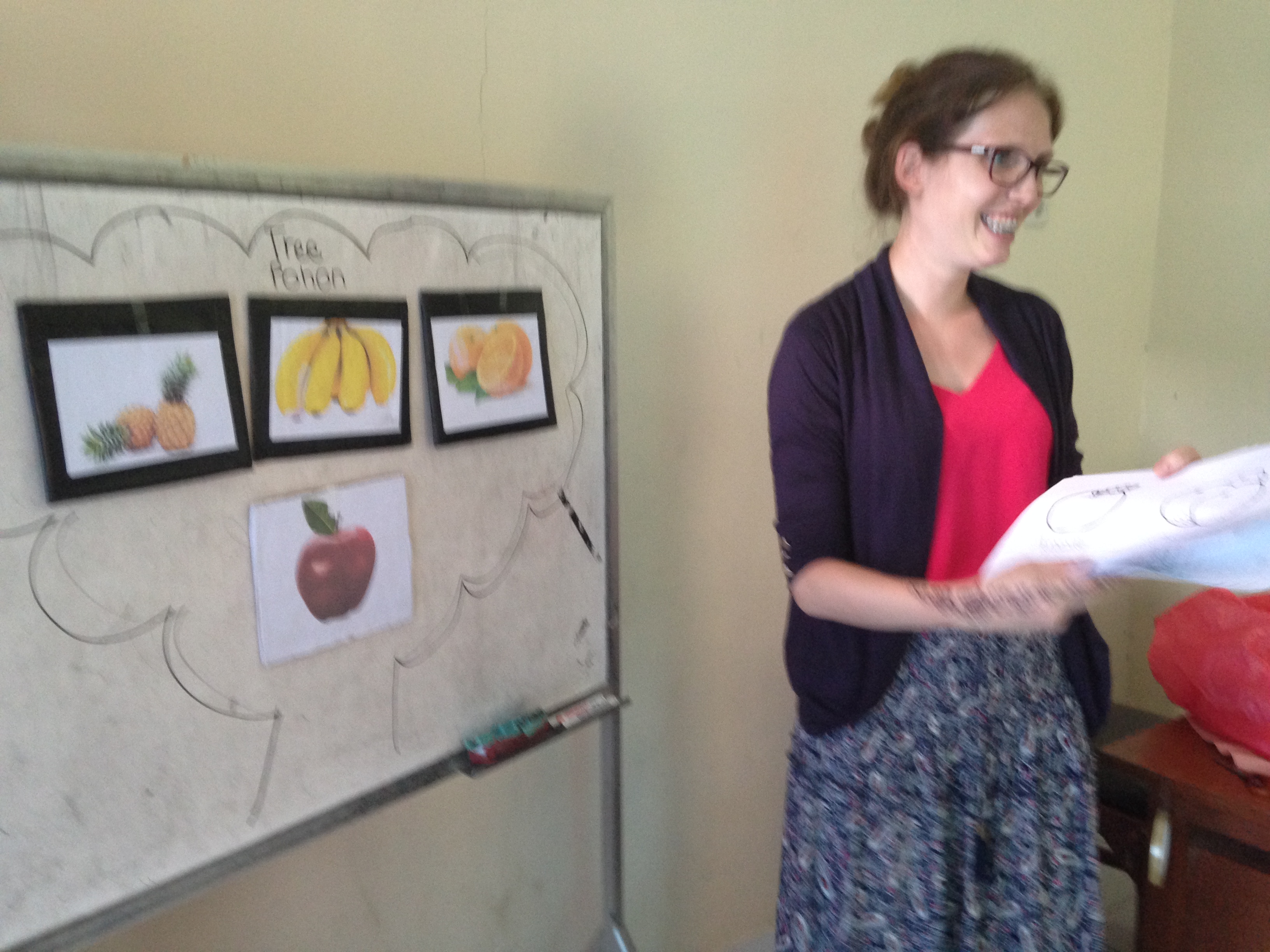What does it all mean??!
Take a deep breath – all these letters are not as confusing as they appear. Yes, there are tons of them, but only a few of them are relevant to you as a native English speaker planning on teaching.
CELTA: The CELTA (Certificate in English Language Teaching to Adults), overseen and accredited by the University of Cambridge, is generally acknowledged as the world’s most widely-recognized international teacher qualification. One of the major selling points of the CELTA is that the teacher preparation and training course is standardized across all providers, which means that the CELTA certification course you complete in New York is pretty much identical to the one your friend is doing in Sydney. There are more than 300 approved training centers for CELTA certification in more than 70 countries around the world, offering upwards of 1,500 CELTA courses each year, so you can take your pick of continents while you’re getting certified.
This standardization is also an advantage when it comes time to apply for jobs – not only do employers know that you’re definitely qualified for the job, but they also know exactly what kind of training you’ve completed and what they can expect from you.
The CELTA course focuses on a number of different aspects of teaching to English language learners, including characteristics of learners and learning; language analysis and awareness; the four fundamental language skills (reading, writing, listening and speaking); planning and resources for different teaching contexts; and developing teaching skills and professionalism. The certification involves a combination of theory, training and practical classroom time where you have a chance to apply and get feedback on the skills you’re learning.
When it comes to timelines, you have plenty of options for completing your certification. If you want to get it all over with as fast as possible, you can typically finish your certification in 4-5 weeks with full-time study; if you’re part-time, it can take anywhere from a couple of months to the better part of a year. There are also options that let you complete parts of your CELTA online, though you still have to find a way to get your hands-on classroom hours.
TEFL: Like the CELTA, TEFL (Teaching English as a Foreign Language) courses are preparation and training courses for people hoping to teach English abroad. TEFL training includes many of the same topics and skill sets as the CELTA, but the main difference between the two certifications is that TEFL isn’t standardized. This means that there’s a lot more variation among TEFL certification courses, from very high-quality to mediocre and even downright useless.
If you’re planning on doing a TEFL certification, you need to make sure that it’s actually going to give you the training and practice you need before forking over any tuition. A good, accredited TEFL course should include a minimum of 100 hours of training and coursework and at least 6 (but preferably more) hours of practical classroom experience with non-native English speakers.
Some providers offer TEFL courses online, and this can be a great option for people who need a more flexible training schedule or live far away from any sites where the certification programs are offered. Again, though, keep in mind that any legitimate TEFL course will still require a minimum number of practicum (classroom) hours.
TESOL: Unlike the TEFL and CELTA, this one isn’t a certification. TESOL (Teaching of English to Speakers of Other Languages) is the academic field of providing English instruction to students with different native languages (so, any other language out there), meaning it covers areas like international education management and language program administration in addition to teaching. While you can’t get a master’s degree in TEFL, there are advanced programs out there that offer TESOL degrees.
ESL: ESL (English as a Second Language) is used to describe some of the courses you might be teaching with one of these certificates. ESL classes are typically offered in countries where English is the primary language (hence the “second” language). Given growing demand among immigrant communities in English-speaking countries, ESL classes are becoming increasingly common and affordable, with institutions from universities to public libraries and even some companies offering English classes to their local communities.
Accredi-what?
When you’re researching different options for your TEFL or CELTA certification, you’re likely to encounter a number of programs that make a point to mention that they’re accredited. While it’s easy to skip over this seemingly minor detail to get to the fun parts about doing your certification in Buenos Aires, it’s actually a very important factor to take into consideration when choosing a course.
What is accreditation?
Accreditation is basically a way of granting legitimacy to certifications and programs, confirming that they actually do what they say they do. Like they do for universities or professional organizations, accreditation practices ensure that providers are meeting standards for quality and ethics, and help maintain uniformity and professional recognition across the international job market.
Why is it important?
Serious accrediting organizations regularly check in on program providers to ensure that they’re still providing high-quality instruction and preparing teachers up to the required standards. Major accrediting bodies give providers rigorous guidelines for the structure and format of the course as well as overall operations and administration of the program provider itself. Accreditors are also supposed to do regular inspections and sometimes even audits of providers to make sure everything is in order.
All of this isn’t just to make providers’ lives difficult – in fact, it’s actually to protect you, the teachers. Accreditation means that providers are offering top-notch courses that truly prepare you to be a successful teacher, rather than just taking your money and leaving you with a useless piece of non-accredited paper in return.
Who or what is an accrediting body?
Unfortunately for those of us that like simple answers, there’s no one global accrediting body for all CELTA and TEFL courses. In fact, many countries have at least one, if not several, accrediting organizations. Some of the biggest internationally recognized bodies for TEFL certification include TQUK, ACCET, ACCREDITAT and IATQuO, as well as major universities like Cambridge University (responsible for the CELTA) and Trinity College, which oversees the Trinity TESOL Certification.
Now that you have some of the most important teaching acronyms sorted out, just wait until one of your students asks you to help her study for the TOEFL… or is that the IELTS? Never mind, that’s a topic for another article!
Written by Natalie Southwick, intern abroad expert with a particular penchant for all things Latin America. Connect with her at @nsouthwick or LinkedIn
Global Nomadic offers Professional Internships, Volunteer Projects and TEFL Programmes in 29 countries worldwide. Start travelling your career today!











